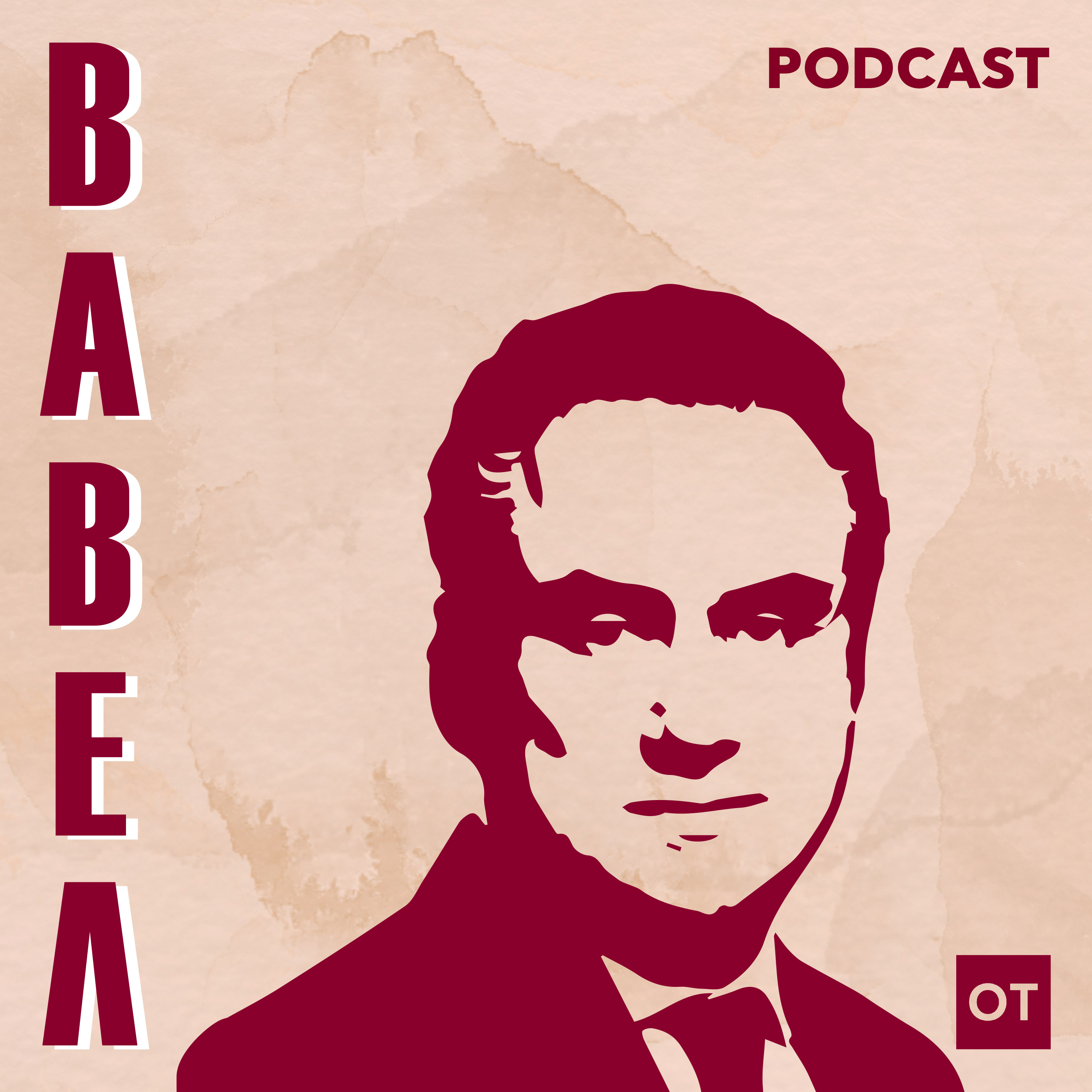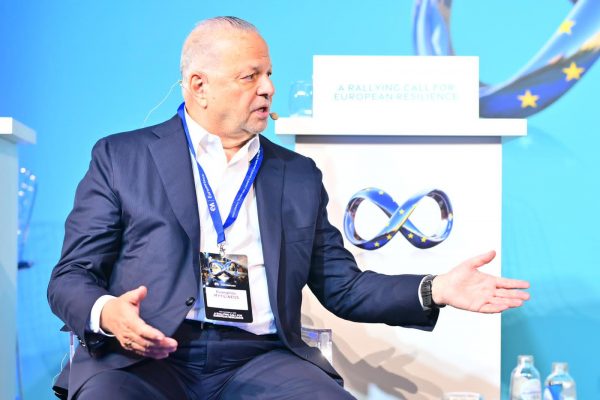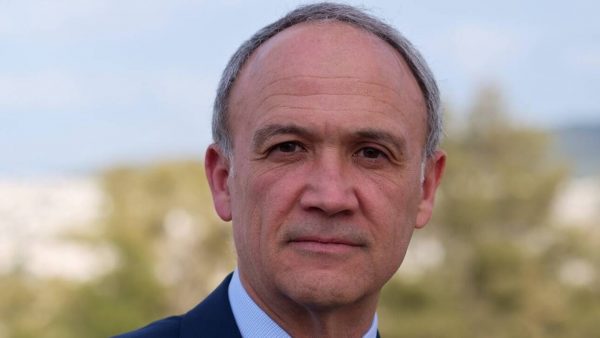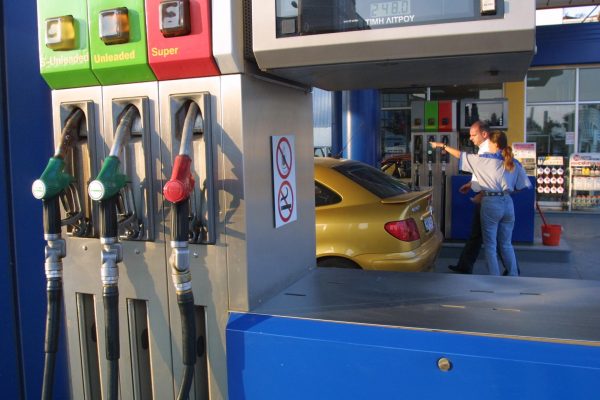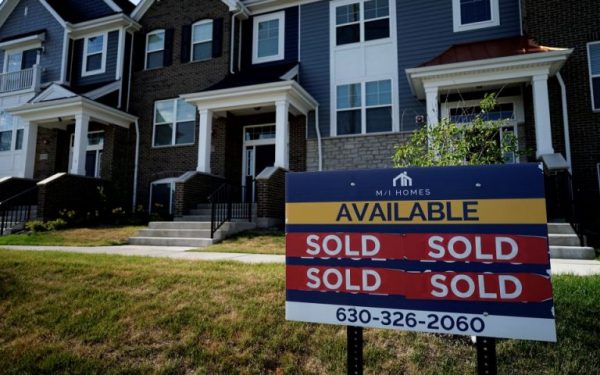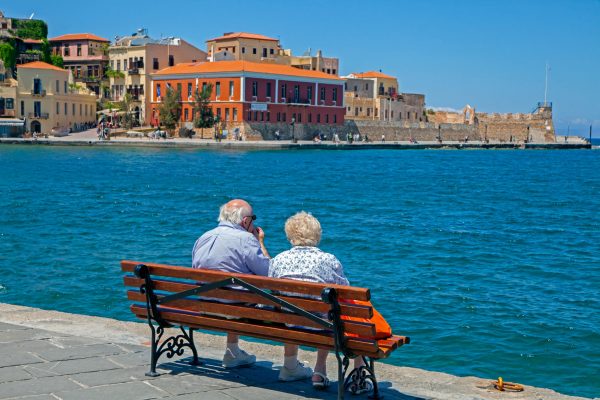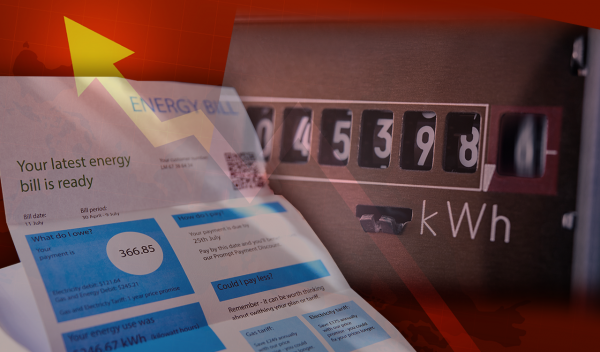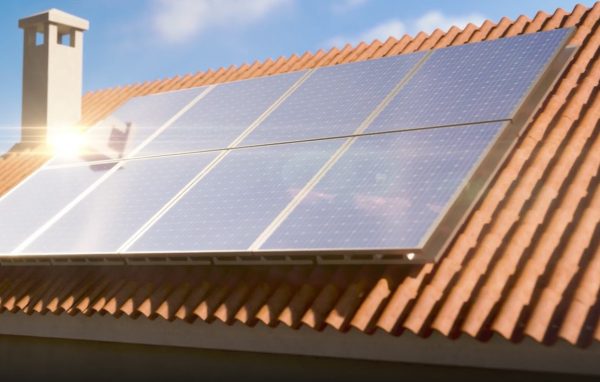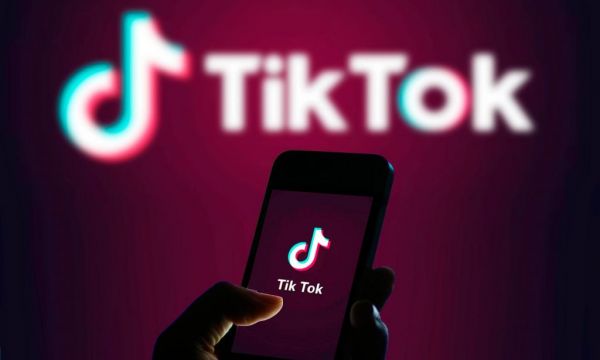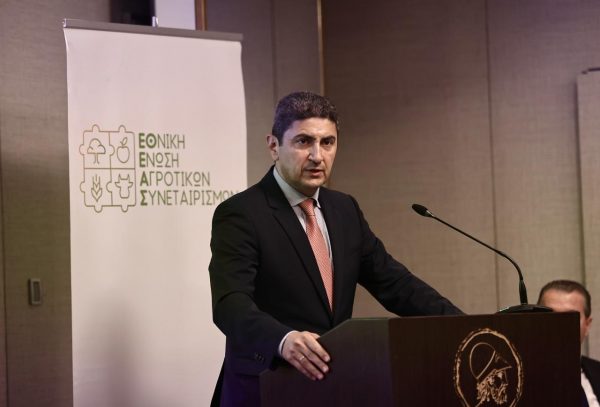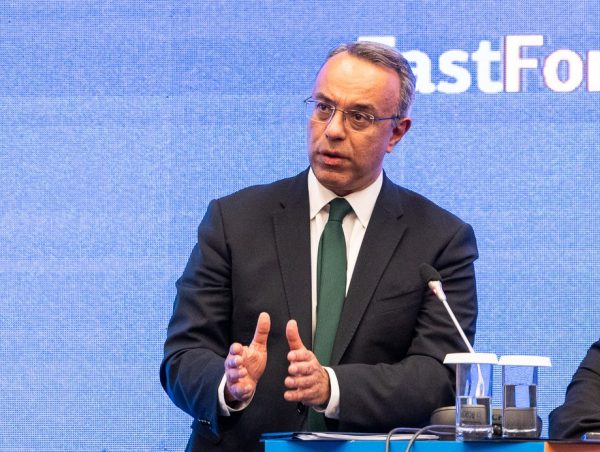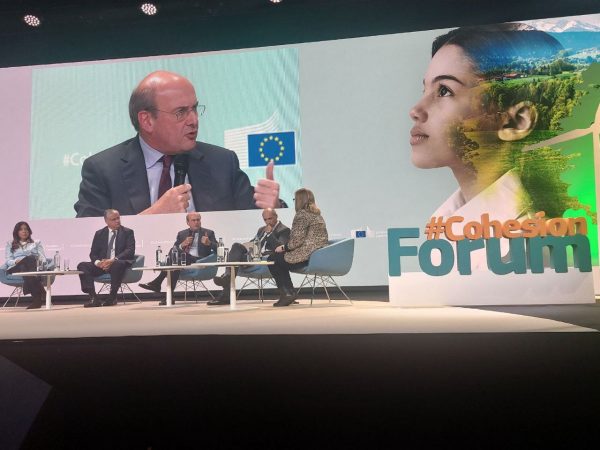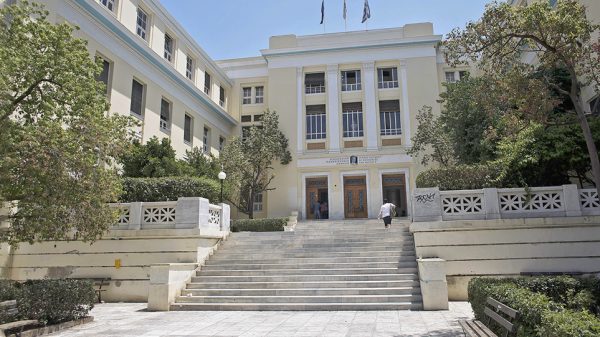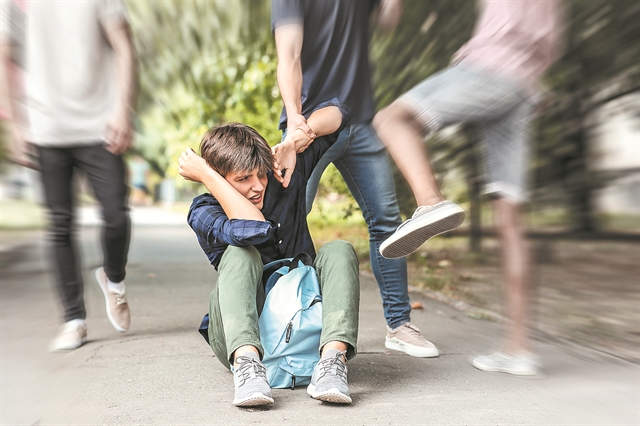
The ever-increasing cases of juvenile delinquency that have come to light recently are shocking, on the one hand, with their frequency and, on the other, with the aggression that is manifested. Experts argue that the average age of children who engage in delinquent behavior has also fallen, which is a cause for concern, attributing the phenomenon largely to new lifestyles, pandemic confinement, misuse of the internet and domestic violence which children experience.
Pari Zagoura, president of the Association of Juvenile Court Supervisors of Greece, and Yiannis Prandalos, secretary of the association, believe that juvenile delinquency is part of the overall delinquency in a society and should not be separated from the overall delinquency of adults. The president of OLME, Nikiforos Konstantinou says that the pandemic and its consequences were a catalyst for the manifestation of extreme and delinquent behavior in schools.
Increase in incidents
“Indeed, incidents of violent delinquency by groups, even minors, have increased markedly, as has their visibility: robberies involving mobile phones, dangerous bodily harm and fights between groups of children, etc. are increasingly highlighted by the media and concern the Juvenile Prosecutor’s Office, Juvenile Court and Juvenile Probation Services.
Precisely because of the violent nature of the incidents, they are reported more often. Juvenile delinquency is part of the overall delinquency in a society, the non-legal phenomenon. Thus, juvenile delinquency participates in and is shaped by this general context and accordingly constructs a representation of it. It is one of the aspects of social topography. If we set strict and impenetrable boundaries between total delinquency and juvenile delinquency, we lose sight of the general picture that produces and reproduces all forms of crime with their particular characteristics, and thus we will transform and fragment a global problem into a problem of the individual, ethnic, etc. . pathology or in a problem to be solved by the individual systems, such as the school, the family, the judiciary, etc., which are called to act individually”, the representatives of the Board of Directors of the Association of Juvenile Court Supervisors of Greece told state news agency AMNA.
For the president of the Federation of Middle School Teachers-OLME, “the pandemic brought out a lot of hidden psyche. The phenomena were intense. You remember the feeling of survival was intense, there was intense fear, there was isolation and all this worked negatively on everyone’s psyche. And especially families. Which bring us this bad behavior inside the school”.
Violence in schools
The expression of violence in schools has also increased. Nikiforos Konstantinou emphasizes that the incidents have increased geometrically after the pandemic and concern both middle schools and high schools. In fact, Mr. Konstantinou says to the same source, that last year there were even resignations of teachers from schools due to extreme phenomena.
“The complaints that come to us from our colleagues are daily at all levels” says the president of OLME referring to aggressive behavior of students towards their classmates, especially towards younger classmates. “In the last 2 years we have had a big increase and aggressive behavior towards teachers, something we didn’t have before. They record them on video, they attack them and sometimes they attack them en masse, that is to say we now have phenomena of en masse attacks by students against a teacher, or against fellow students, And there again en masse. We don’t have individual attacks, but rather mass and organized attacks,” explains Mr. Konstantinou and continues by saying: “We recently saw a non-student enter the school and threaten a teacher. We have seen students jeering at a teacher in the courtyard. What we are asking is to examine the problem psychologically and limit it. The logic is not to go to extremes, the logic is to be able to help the whole situation because these children need help and support”.
For the president of OLME, it is necessary to recruit many more psychologists in schools. As he says, three or four psychologists are needed in avocational high school that has over 400 students, and in the rest, one. “The phenomenon was observed once a week when the psychologist goes to the school that we have queues, not only of students during the pandemic we also have queues of parents who cannot afford to go to a private psychologist, they use the school psychologist. There is a huge need,” he also notes and adds: “The positive thing is that it is not such a social phenomenon, we do not have ghettoization of areas, ghettoization of individuals, as happens abroad. That is, there we have strong social phenomena which bring problems into the school. On the contrary, for Greece, in our schools, from what we see, there are problems of the family and problems of a friendly environment which are externalized inside the school, but they are not strongly social, they are not social”.
Latest News

Greece Aims to Boost Energy Capacity, Economy with Offshore Wind Farms
Greece’s Energy Ministry is pushing legislation to accelerate the construction of the first floating wind farms in Greek seas
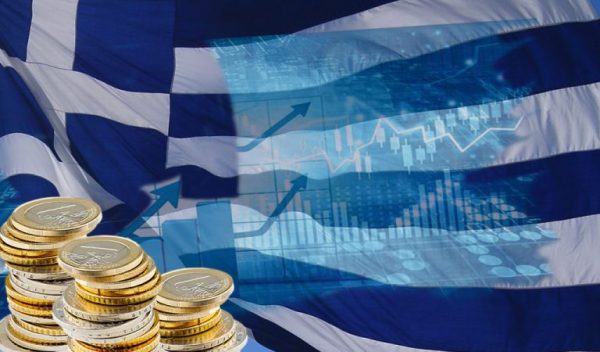
Reuters: Greek Economy Surges After Decade of Pain
Nevertheless, the article also highlights some of the challenges facing the country, with a falling birthrate and labor shortages posing a threat to the long-term outlook
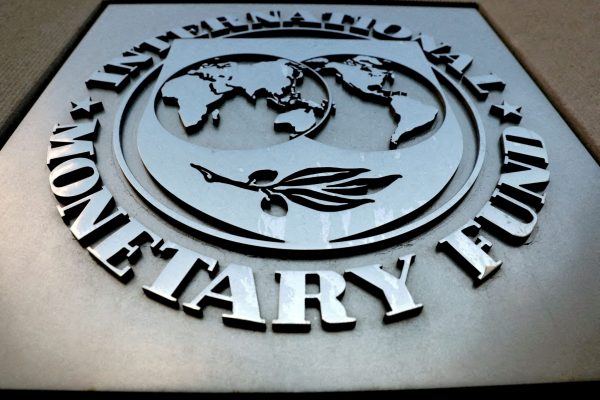
IMF: Greek Growth in 2024 at 2%; Debt to Ease to 158.8% of GDP This Year
Projected consumer prices are forecast to rise by 2.7%

Major Increase in Russian Natgas Imports by Greece in 1Q 2024
Russian state natgas exporter Gazprom dominated imports to the country, mostly through the overland pipeline entering via a northern frontier pipeline

Lamda Development Announces First Profitable Year for The Ellinikon Project
The ATHEX-listed developer reported 206 million euros in EBITDA for FY23, a 69%-percent increase from 2022 results

Europa Nostra Adds Sifnos, Serifos, Folegandros to Most Endangered List
Europa Nostra says three Greek islands are at risk due to surge in tourism development and rampant construction

EU Cracks Down on Social Media Influencers Making Illegal Profits
A recent EU inquiry uncovered 358 online influencers, among them 20 in Greece, found to be violating consumer laws
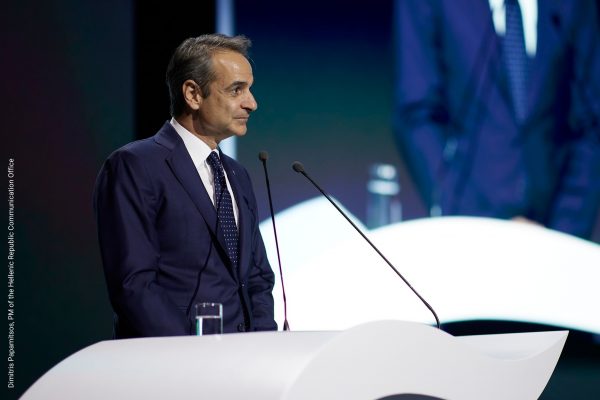
Greek PM Announces €2 Billion Decarbonization Fund for Greek Islands
Greece bolstered its drive for a greener economy with the launch of a €2 Billion Decarbonization Fund for the Greek islands
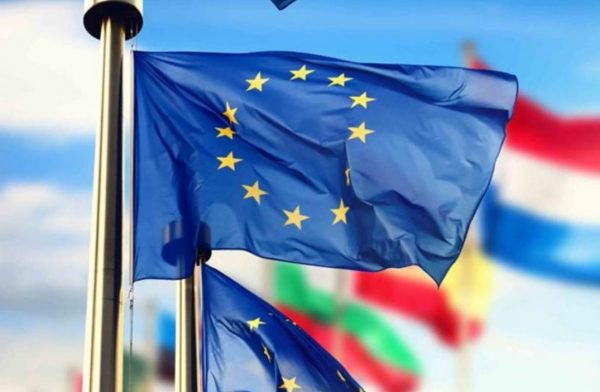
Eurobarometer Survey: Greeks Acknowledge EU Influence-Pessimistic about Future Living Standards
Regarding their participation in the forthcoming European parliament elections, 60% of Europeans (+11 points compared to March 2019) and 56% of Greeks express interest in voting in the June European elections

Eurostat: Greek Inflation at 3.4% in March
In the eurozone, the consumer price index (CPI) dropped to 2.4%, while the average EU settled at 2.6%
























![Αυτοκινητόδρομος Ε65: Αθήνα – Τρίκαλα σε 3 ώρες το Πάσχα [χάρτης]](https://www.ot.gr/wp-content/uploads/2024/04/E65_kentrikiodos.gr_-90x90.jpeg)


